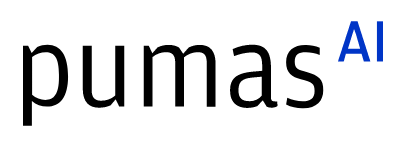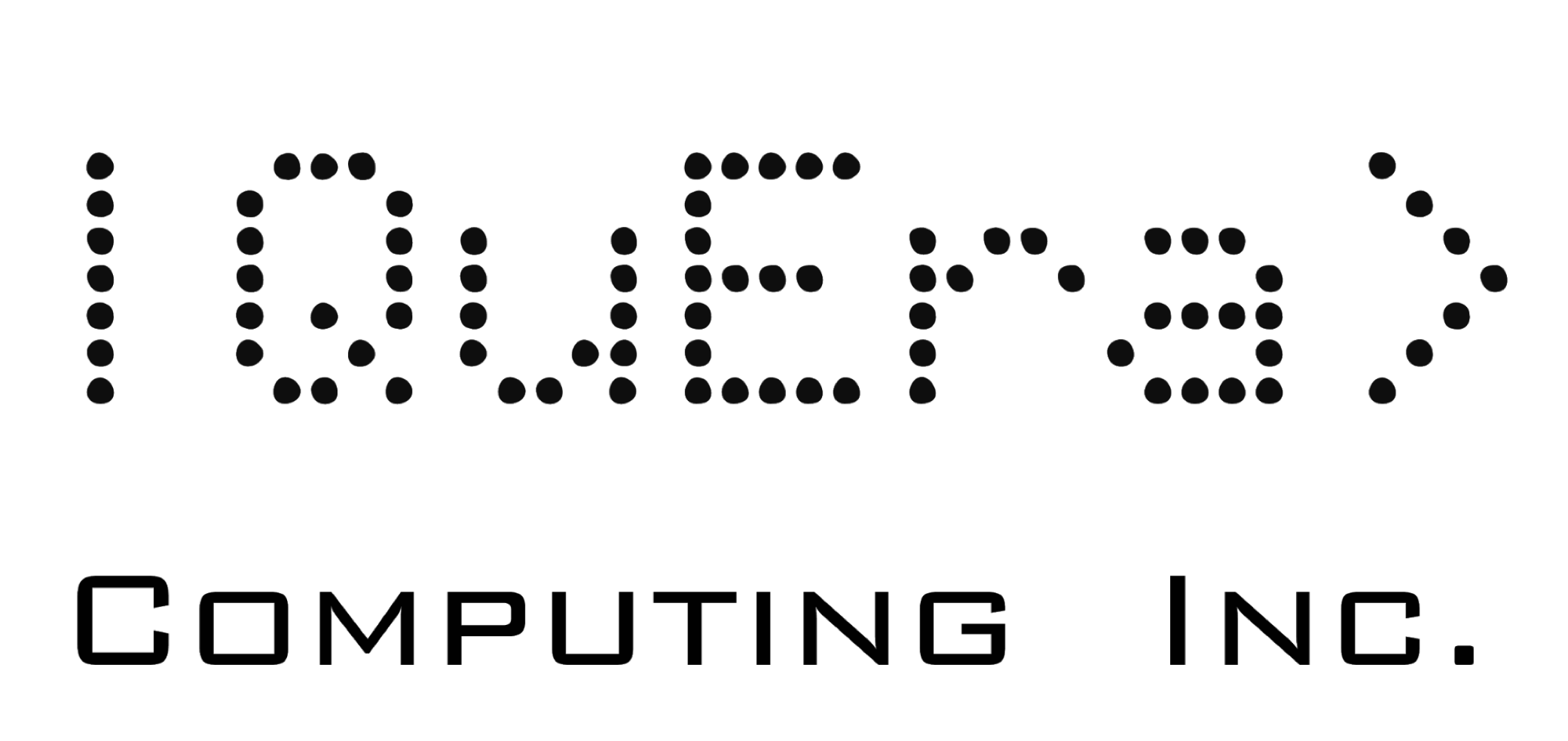Dynamical Low Rank Approximation in Julia
Abstract:
We present LowRankArithmetic.jl and LowRankIntegrators.jl. The conjunction of both packages forms the backbone of a computational infrastructure that enables simple and non-intrusive use of dynamical low rank approximation for on-the-fly compression of large matrix-valued data streams or the approximate solution of otherwise intractable matrix-valued ODEs. We showcase the utility of these packages for the quantification of uncertainty in scientific models.
Description:
Many scientific computing problems boil down to solving large matrix-valued ordinary differential equations (ODE); prominent examples for that are the propagation of uncertainties through (partial-)differential equation models or on-the-fly compression of large-scale simulation or experimental data. While the naive integration of such matrix-valued ODEs often remains prohibitively expensive, it is in many cases found that their solution admit an accurate low-rank approximation. Exploiting such a low rank structure generally holds the potential for substantial computational resource savings (time and memory) over naive integration approaches, often recovering the tractability of integration.
Dynamical low rank approximation (DLRA), a concept also known under the names Dirac-Fraenkel time-varying variational principle or dynamically orthogonal schemes, seeks to exploit the low-rank structure of the solution of matrix-valued ODEs by performing the integration within the manifold of fixed (low-)rank matrices. However, while theoretically elegant, the effective use of DLRA in practice is often cumbersome due to the need for custom implementations of integration routines that take advantage of the assumed low-rank structure. To alleviate this limitation, we present the packages LowRankArithmetic.jl and LowRankIntegrators.jl. The conjunction of both packages forms the backbone of a computational infrastructure that enables simple and non-intrusive use of DLRA. To that end, LowRankArithmetic.jl facilitates the propagation of low rank matrix representations through finite compositions of a rich set of algebraic operations, alleviating the need for custom implementations. Based on this key functionality, LowRankIntegrators.jl implements state-of-the-art integration routines for DLRA that automatically take advantage of low rank structure; the user needs to supply nothing more than the the right-hand-side of a matrix-valued ODE of interest.
In this talk, we briefly review the conceptual idea behind DLRA, outline the primitives underpinning LowRankArthmetic.jl and LowRankIntegrators.jl, and showcase their utility for the propagation of uncertainties through scientific models ranging from stochastic PDEs to the chemical master equation.
Platinum sponsors



Gold sponsors


Silver sponsors








Media partners



Community partners


Fiscal Sponsor
